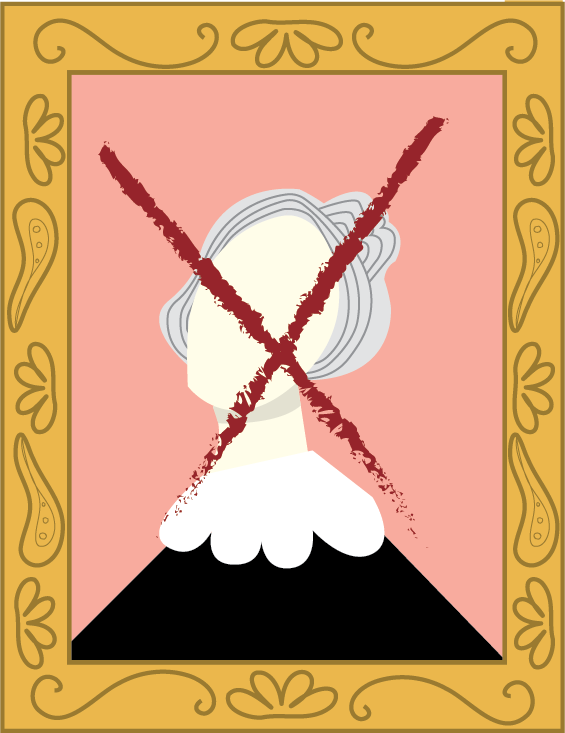Susan B. Anthony is widely hailed as a major activist and figurehead for feminism due to her role in the fight for women’s suffrage. However, it is often overlooked that Anthony only encouraged women’s suffrage for white women, and did not approve of women of color receiving the right to vote. Anthony was not exactly quiet about her disapproval of suffrage for women of color, which makes it all the more shocking that it is rarely ever discussed that she felt such a way towards the topic.
Overall, Anthony’s viewpoints and opinions of suffrage were extremely hypocritical. History has carefully cherry-picked the good from the bad surrounding her achievements and efforts, erasing poor actions to uplift the good. To some, she is a feminist icon, but her blatant racism cannot be glossed over. A champion of women must be a champion for all women.
A prime example of Anthony’s open racism began to rise upon the passing of the 15th Amendment to the U.S. Constitution, which gave Black men the right to vote. Ironically, Anthony was an abolitionist before and during the Civil War, which seems to be an opinion in complete opposition of where she stood while fighting for the right for women to vote. Herself, alongside Elizabeth Cady Stanton, would go on to create “The Revolution,” a newspaper where they would write articles relating to the topic of women’s suffrage. Within an article entitled “Manhood Suffrage,” they provide a variety of racist comments regarding the 15th Amendment. The general idea of the article covers their disapproval of Black men gaining the right to vote before white women.
The article states, “We object to the proposed amendment, because it raises a more deadly opposition to the negro than any he has yet encountered. It creates an antagonism between him and woman, the very element most needed to be propitiated in his behalf. Suffrage for all could easily be carried in every state; but when you propose to lift the negro above the woman, and make him her Ruler, Legislator, Judge and Juror, if even northern women rebel, what can you expect at the south?”
Despite her position as an abolitionist, Anthony’s words show that she still looked down upon people of color, and within the same article also goes on to imply that Black people are less intelligent than white individuals, and further reduces them to “brutalized, degraded manhood.”
This just barely scratches the surface of Anthony’s extreme racism throughout her career as a suffragette, and this only reminds you of how common it is for history to ignore instances of improper morality from people that are yielded as heroes under specific circumstances. Racism exists deeply within corners of the past that are often not acknowledged, and the wide recognition of Anthony as a feminist figurehead allowed her the leeway to hide from inappropriate actions. While Anthony played an incredibly important role in the achievement of the 19th Amendment, her disgusting attitude towards people of color cannot be forgotten.




Seringrghh • Jan 27, 2025 at 4:34 am
It’s strange for you to say that history has only “cherry-picked the good surrounding her” when you cherry picked your quote from the article she wrote. You purposefully omitted the line, “It will be more dangerous for Black men if they can vote and women cannot because women will resent them” I’m not saying she wasn’t racist at all, I don’t know enough about her, but isn’t it strange to go forth with such a strong opinion when you’re obviously twisting her words?
Thatgirl • Jan 23, 2025 at 1:59 pm
Thank you for bringing light to how SBA actions. History isn’t always told properly.